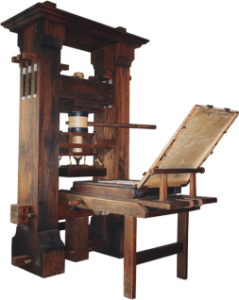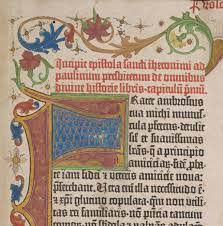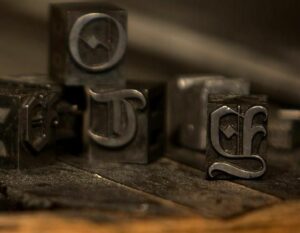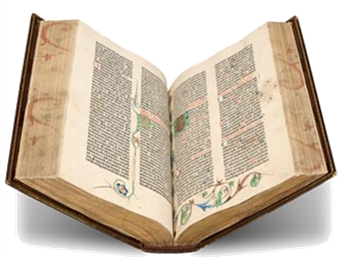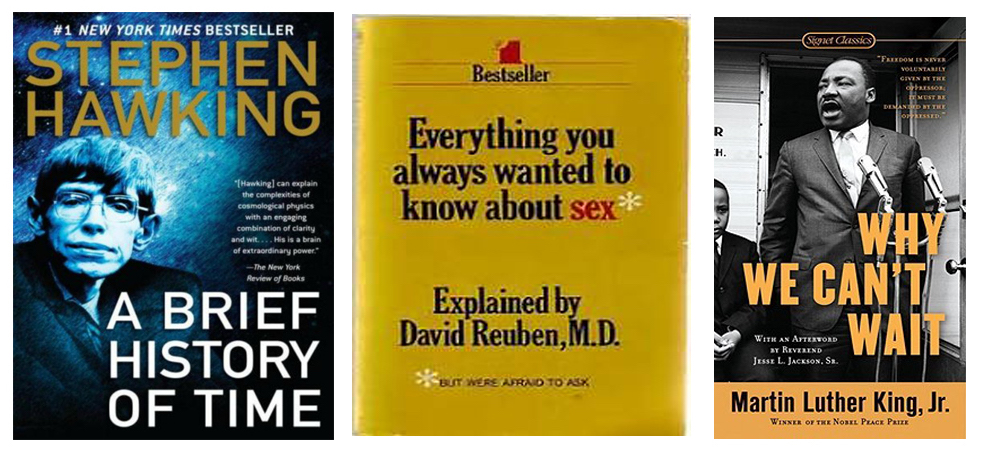Question: What impact did the Gutenberg press have on society?
Answer: A lot. A whole bunch of a lot.
When Gutenberg invented the press in the mid-1400s, it made information accessible to the masses. The technology made sharing uncensored ideas with your neighbors, the village down the road, or even the world, possible.
Before the Gutenberg press, only the rich could afford books and manuscripts. In fact, books were so rare that your church probably did NOT have a copy of the Bible under its roof.
According to the University of Texas, which has a Gutenberg Bible, it’s estimated you could only find around 30,000 books in all of Europe before the Gutenberg press. Fifty years later, 10 to 12 million books circulated throughout Europe.
Yeah, I’d say the Gutenberg press had an impact.
Watch the following Xerox ad that first aired during the 1976 Super Bowl. It humorously represents the communication opportunities before the Gutenberg press and after. (Seriously, watch it. It’s only a minute of your time. Not only does it illustrate the importance of printing, it’s also a look at how commercials have changed over time.)
Gutenberg didn’t really “invent” the printing press. He just pulled all the pieces together.
Inspired by a screw type wine press, German goldsmith Johannes Gutenberg invented his printing press using a unique combination of individual letter blocks, an oil/mineral based ink and special paper.
He made it easier to create pages by sliding the individual metal letter stamps into place. It also meant the letters could be reused to create new publications.
The ink Gutenburg concocted, unlike water-based ink, actually stuck to the metal type making clearer, cleaner prints.
The first mass publication Gutenberg ran across his press was a very popular book; the Bible. While the Gutenberg Bible was mass produced (180 copies), only the rich could afford these elaborate works.
Even today, only the super rich can afford a Gutenberg Bible. The last one sold was back in 1987. One volume of the Gutenberg Bible sold at auction for over $5 million.
You can pick up a really good facsimile (an exact fake) of the Gutenberg Bible on eBay for a Buy It Now price of just $1425! Just one facsimile page will drain your wallet a couple of hundred bucks.
Eventually, Gutenberg’s press made books available for the masses, not just the social elite. Books opened up the world to shopkeepers, blacksmiths and farmers. The poor now had a reason to learn to read. Ideas spread quicker to larger audiences. Monumental!
If knowledge is power, the Gutenberg Press meant knowledge was no longer limited to the rich.
Here’s a short 6-minute video hosted by a little old man with a corny sense of humor (and what appears to be memory loss at times) who demonstrates the laborious steps it took to get the press to work.
Let’s put the Gutenberg press’ impact in perspective…
Imagine growing up not having an adult read you Goodnight Moon, Where the Wild Things Are, or even Pat the Bunny.
Imagine not getting caught up in the drama that filled the lives of Harry Potter, Bella Swan or Holden Caulfield?
Imagine not being able to explore the universe, get a better understanding of what goes on under the sheets or be exposed to political ideals?
The printing press gave so many more people access to information and ideas. That made education and exploration more available for the masses.
Gutenberg’s gizmo changed the world.
The power of words…
One of my favorite quotes comes from the mind of playwright Tom Stoppard.
He wrote the screen play for Shakespeare in Love and several Broadway plays. Here is how he describes the power of the written word:
“Words are sacred. They deserve respect. If you get the right ones, in the right order, you can nudge the world a little.”
It’s because words can “nudge the world a little” that people throughout history have wanted to control the media.
- Controlling the media was the first step Hitler took to control Nazi Germany.
- Some contend “embedding” journalists during the Iraq War restricted what the media could cover. Especially when compared to the type of coverage produced by Vietnam War journalists who were free to roam the battlefields.
- The Chinese government regularly arrests journalists and tries to control media access within its borders. But China also spends money to control messages and increase its image outside the country.
As much as government tries to control the media, it’s like trying to hold water in your hands. No matter how tightly you try to control the flow of information, eventually the information will leak. Take for example, the Arab Spring. Our good friends at the University of Washington confirm how use of social media brought revolution to the Middle East.
Your homework
After reading this blog, read the following articles and watch the following video.
Articles to read:
- Millenials and Reading
- What are the actual reading trends for Gen Z?
- Our book reading habits according to Pew Research
Video to watch. It’s only 3:15 long.
Now go to Canvas and look up BR#1: Gutenberg assignment and follow the instructions.
